Breast Cancer
Like other cancers, breast cancer is an uncontrolled growth of breast cells. Breast cancer occurs as a result of abnormal changes or mutation in the genes responsible for regulating the healthy growth of breast. The genes are in each cell’s nucleus, which acts as the “controller” of concern cell.
Mutation in gene disturb/mislead the normal process of the cell, because of that cells starts abnormaly and uncontrolled growth, producing more cells just like it and forming a tumor like structure.
This abnormal tumour-like growth can be benign (not cancerous) or malignant (cancerous property). Benign tumours are close to normal in appearance, they grow comparatively slowly, and they do not invade or spread to nearby tissue and other parts of the body. As malignant cells have the potential to grow as cancer If they left unchecked or untreated, they eventually can spread to nearby tissue and beyond an original tumour to other parts of the body.
Types of Breast cancer include:
- Angiosarcoma
- Ductal carcinoma in situ (DCIS)
- Inflammatory breast cancer
- Invasive lobular carcinoma
- Male breast cancer
- Paget's disease of the breast
- Recurrent breast cancer
Most common signs and symptoms include:
- A breast lump or thickening that feels different from the surrounding tissue
- Change in the size, shape or appearance of a breast
- Changes to the skin over the breast, such as dimpling
- A newly inverted nipple
- Peeling, scaling, crusting or flaking of the pigmented area of skin surrounding the nipple (areola) or breast skin
- Redness or pitting of the skin over your breast, like the skin of an orange
Mastectomy and post surgery Radiotherapy and Chemotherapy
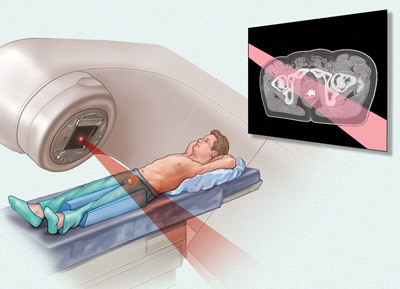
Mastectomy is the removal of the whole breast. There are five different types of mastectomy: "simple" or "total" mastectomy, modified radical mastectomy, radical mastectomy, partial mastectomy, and subcutaneous (nipple-sparing) mastectomy.
After surgery:
Radiation therapy uses high-powered beams of energy, such as X-rays and protons, to kill cancer cells. Radiation therapy is typically done using a large machine that aims the energy beams at your body (external beam radiation). But radiation can also be done by placing radioactive material inside your body (brachytherapy). External beam radiation of the whole breast is commonly used after a lumpectomy. Breast brachytherapy may be an option after a lumpectomy if you have a low risk of cancer recurrence.
Chemotherapy uses drugs to destroy fast-growing cells, such as cancer cells. If your cancer has a high risk of returning or spreading to another part of your body, your doctor may recommend chemotherapy after surgery to decrease the chance that cancer will recur. Chemotherapy is sometimes given before surgery in women with larger breast tumours. The goal is to shrink a tumour to a size that makes it easier to remove with surgery.
Top Doctors In India For Mastectomy and post surgery Radiotherapy and Chemotherapy
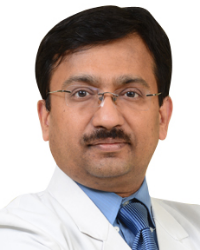
Dr. Amit Agrawal
26 years of experience , New Delhi, Delhi/NCR, India
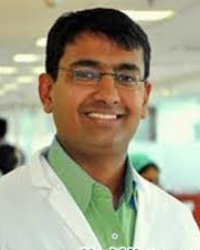
Dr. Sushant Mittal
10 years of experience , New Delhi, Delhi/NCR, India
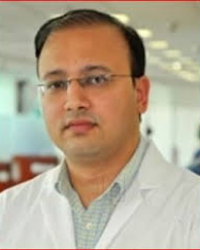
Dr. Samit Purohit
10 years of experience , New Delhi, Delhi/NCR, India
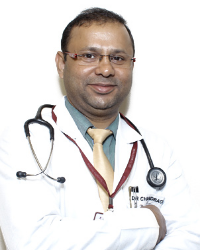
Dr. Chandragouda Dodagoudar
18 years of experience , New Delhi, Delhi/NCR, India
Top Hospitals In India For Mastectomy and post surgery Radiotherapy and Chemotherapy
Jaypee Hospital, Noida
Established in : 2013
BLK Super speciality hospital, New Delhi
Established in : 1959
Artemis Hospital, Gurugram
Established in : 2007
Max Super Speciality Hospital, Saket, New Delhi
Established in : 2006






